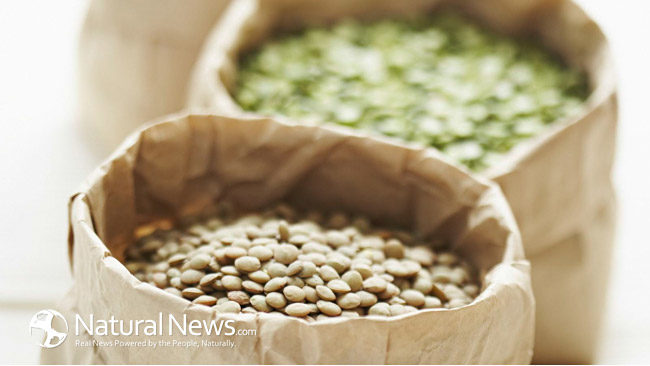The term Omega-3 fatty acids are describing 3 fats: ALA, EPA & DHA. Omega-3s are considered essential fatty acids, meaning that they cannot be synthesized by the human body – except for a limited ability by mammals. Omega-3 fatty acids are all polyunsaturated fatty acids – today we are going to talk about the most common omega, ALA.
ALA, or alpha-Linolenic acid, is an organic compound found most commonly in seeds, nuts, and many vegetable oils. ALA is a member of the group of essential fatty acids (EFAs) so it must be consumed in our diets.
Dietary Sources:
|
Common name |
Alternate name |
Linnaean name |
% ALA† |
ref. |
| Chia | chia sage | Salvia hispanica | 64% | [10] |
| Kiwifruit seeds | Chinese gooseberry | Actinidia chinensis | 62% | [10] |
| Perilla | shiso | Perilla frutescens | 58% | [10] |
| Flax | linseed | Linum usitatissimum | 55% | [10] |
| Lingonberry | cowberry | Vaccinium vitis-idaea | 49% | [10] |
| Camelina | camelina | Camelina sativa | 35-45% | |
| Purslane | portulaca | Portulaca oleracea | 35% | [10] |
| Sea buckthorn | seaberry | Hippophae rhamnoides L. | 32% | [11] |
| Hemp | cannabis | Cannabis sativa | 20% | [10] |
| Rapeseed | canola | Brassica napus | 10% | [2] |
| Soybean | soya | Glycine max | 8% | [2] |
Health Benefits
Omega-3 fatty acids are thought to provide a wide range of health benefits, including a lower risk of coronary heart disease and improvement in cholesterol. There have also been promising results from studies looking at omega-3 for cancer, depression, and attention-deficit hyperactivity disorder (ADHD).
A 2005 study found that daily administration of α-linolenic acid significantly reduced self-reported anxiety, stress levels, and objective measured cortisol levels in college age students. Alpha-linolenic acid is also used to treat rheumatoid arthritis (RA), multiple sclerosis (MS), lupus, diabetes, renal disease, ulcerative colitis, and Crohn’s disease. Other uses include treatment of chronic obstructive pulmonary disease (COPD), migraine headache, skin cancer, depression, and allergic and inflammatory conditions such as psoriasis and eczema.
ALA is the most common of the 3 omega’s but is still an essential fatty acid. It is often consumed heavily in the ‘typical American diet’. Supplements exist that can give you specifically ALA, but it would be more helpful to take a supplement that includes all 3 omegas, such as phytoplankton.
Jordan Markuson is the Founder of Aqua Health Labs. He has been a nutritionist and entrepreneur for over 10 years. He is an activist supporting consumption of raw, renewable, and organic foods. Jordan believes that based on all available scientific evidence, once food is cooked it loses the majority of its important nutrients. He is very interested in marine based phytoplankton because of the essential fatty acids they produce like nowhere else on earth.
Yehuda S., Rabinovitz S., Mostofsky D.I. (2005). “Mixture of essential fatty acids lowers test anxiety”. Nutritional Neuroscience 8 (4): 265–267. doi:10.1080/10284150500445795. PMID 16491653.
http://en.wikipedia.org/wiki/%CE%91-linolenic_acid
Beare-Rogers (2001). “IUPAC Lexicon of Lipid Nutrition” (pdf). Archived from the original on 12 February 2006. Retrieved 22 February 2006.





